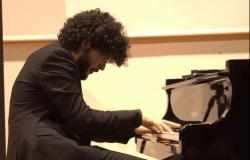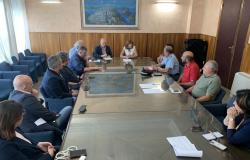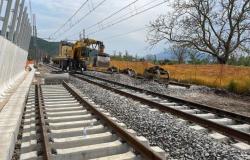Orient and monitor the professional and life paths of Valle d’Aosta students, with the aim of evaluating investments in school, orientation and training. This is the long-term objective that the regional Department for the educational system and policies for intergenerational relations has set itself, made known during the press conference for the end of the school year, which was held on Friday 14 June 2024, after the conclusion of the eighth grade exam papers and before the start of the high school exams.
The 2023/24 school year, which saw the presence of 13,940 students, officially ended last Thursday 6 June, nine days before 2023, the year in which there were 168 more students.
Historically, in Valle d’Aosta, every year saw a thousand students on the benches, a value which has dropped both for the nursery schools (kindergartens), which will conclude their activities on Friday 28 June, and which have seen the presence of 2,473 children between 3 and 6 years old, both for primary (elementary) schools, with 4,831 pupils.
However, the numbers in secondary school are maintained, with the first grade (middle school) attended by 3,522 students, of which 1,139 are already busy with the eighth grade exams in recent days, which will end by the end of June. , and in the secondary school (high school) with 5,587 students in total, of which 848 will have to face the final exams from Wednesday 26 June, based on the national calendar, with the first written exam. Of these, 4.9% were not admitted to the exam «a figure in line with last year»specified Marina Fey, regional superintendent of studies.
Together with the students, 230 teachers are also involved in the exams, divided into 25 exam commissions, one for every two classes, which are made up of an external president, three external members and three internal to the school institution.
«We would like to understand the effectiveness of the outgoing Valle d’Aosta school – explained the regional councilor Jean-Pierre Guichardaz – since we do not have certain data because monitoring has never been done on the path after school. We are interested in understanding the children’s choices in the long term, whether they work in the sector in which they studied, whether they live in Valle d’Aosta or elsewhere, because this very important aspect will allow us to organize school policies. The community invests in training and therefore data on the effectiveness of our offer is necessary. It is clear that we would like to keep the kids in Valle d’Aosta, but if they decide to go and work outside we would like to understand why. We want to create a system with a two-way dialogue, perhaps even with an app that provides useful information for kids and vice versa”.
«The extension of compulsory schooling to 16 years of age – added Marina Fey – had the consequence of abandoning activity in the area. I believe that it is necessary to give the kids a perspective for work, review the training orientation, but also to work on teaching and make projects in the area and see what the job opportunities are to organize something more concrete. We don’t think about children up to the age of 19, but we believe we can offer a training project useful for the world of work and for the rest of their lives”.
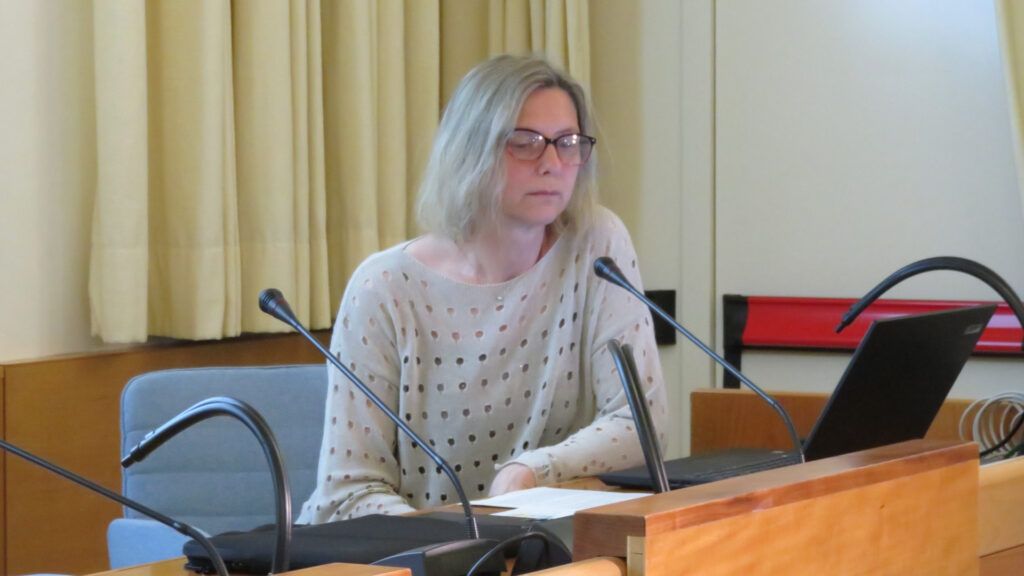

Jean-Pierre Guichardaz recalled the investments in school buildings: «we have increased our resources sixfold in the last three years – he highlighted – starting from one million euros in 2022, we distributed four million euros to local authorities in 2023 and this year they became six, demonstrating attention towards the schools under their responsibility, elementary and middle schools, believing that it was useful to help them carry out decisive interventions on school buildings which must be of high quality. Our school system must be inclusive, I always repeat this to all managers, the lighthouse is the student and the school system must revolve around the person. We invest a lot of money to support vulnerable people, we went from four million in 2022 to over 10 million in 2023 to reach 13 this year. Having vulnerable children at heart is a very important issue. When you provide support, the other students also benefit and everyone can tackle their school career at their own pace and with their own aptitudes.”.
The new school year, which will begin on Wednesday 11 September and end on Tuesday 10 June 2025, also includes an enhancement of psychological support: «It is a theme that has only become tragic in recent years – underlined Jean-Pierre Guichardaz – but it is latent and affects the activity of students and teachers. In the healthcare sector, addiction disorders are treated and personal failures are experienced in a pathological way. With this support we would like to defuse certain pathological processes of discomfort. In some schools that we have already identified and will undertake a journey together, it will not be a simple two-hour psychological helpdesk but a more continuous offer and then in the future all school institutions will have this psychological-pedagogical support”.
Among the innovations that will come into force in the next school year, introduced by the Ministry of Education and Merit, there is the “student curriculum” which, joining thee-portfoliowill collect all the information relating to school activities but also extracurricular activities such as volunteering activities, internships, travel awards: «they are collateral experiences that are often requested by the potential employer or for access to particular university courses – said Marina Fey – for example, this year we have included the Delf within the school curriculum, for an investment of 103 thousand euros, so that this test represents a pre-requisite for the French high school leaving exam, thus becoming a formal certification, level B2, and three quarters of those who took the compulsory test obtained it”.
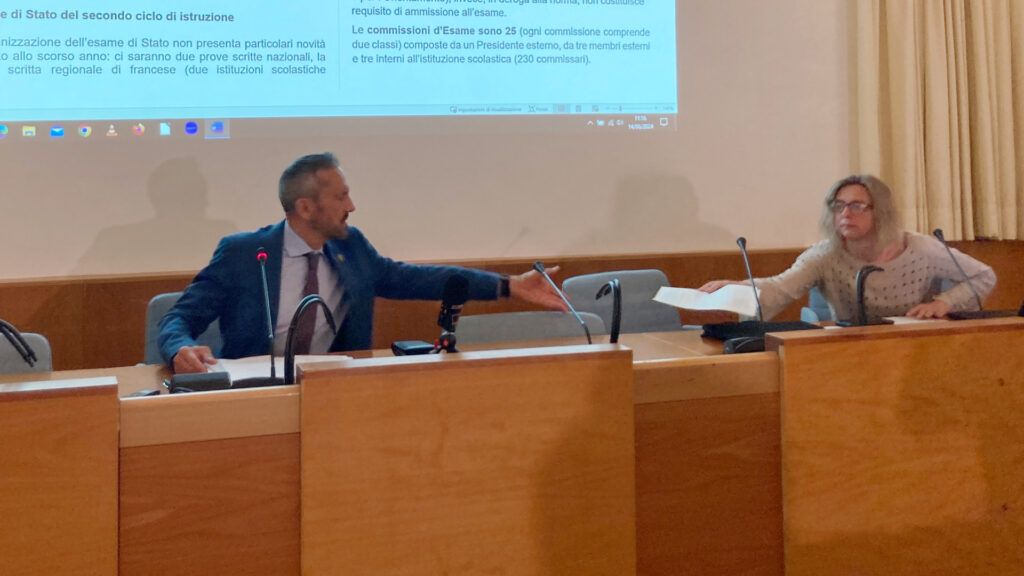

However, the competition for the recruitment of school managers remains suspended, which in Valle d’Aosta only saw the French language test held. Although the Commissions have already been established and the pre-selective tests have been held in the rest of Italy, which were not held in Valle d’Aosta, the provisions of the Ministry are awaited to find out whether the written test, which is carried out in “Cbt – Computer based testing”i.e. simultaneously online by all candidates, will be organized in the last week of July or if it will be postponed to September or even October: «in this case we would still have the regencies for next year – the regional superintendent of studies noted – otherwise our Commission has already expressed its willingness to close everything by August 31st so as to have the new managers available for the next school year. This choice is independent of ours, which we have every interest in covering the regencies, which are problematic”.




